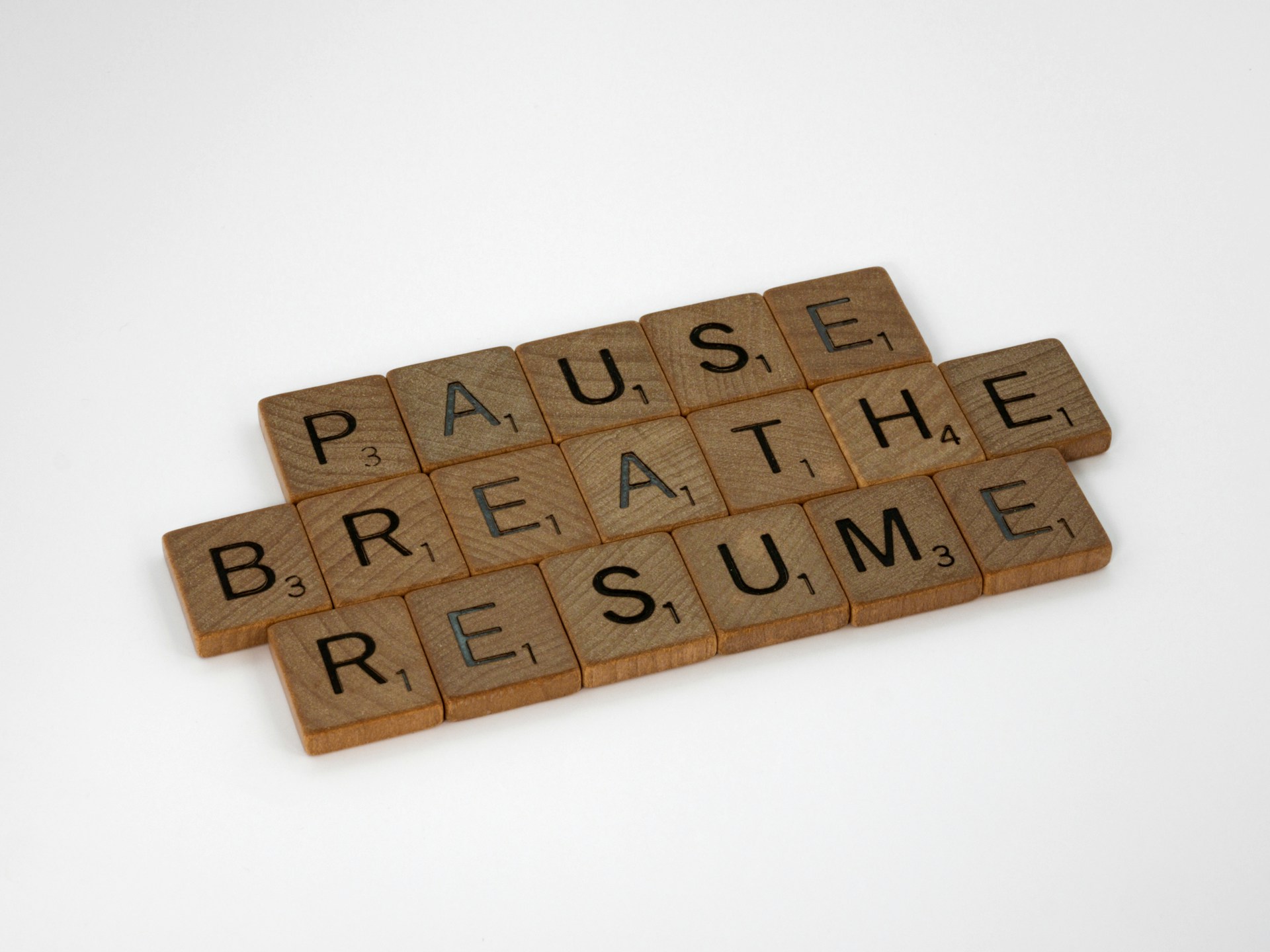Stress is an all-too-common challenge in today’s fast-paced world. From work deadlines to family responsibilities, modern life often feels like a relentless balancing act. Yet, stress doesn’t have to take a permanent seat in your life. By understanding its triggers, learning effective coping methods, and adopting mindful habits, you can regain control and lead a balanced, healthier life.
This guide explores the transformative power of stress management and mindfulness practices, providing actionable strategies you can incorporate into your daily routine.
Understanding Stress: What It Is and Why It Matters
Stress is your body’s natural response to challenges or demands, triggering the well-known "fight or flight" mechanism. While this response can help you tackle short-term emergencies, prolonged stress - referred to as chronic stress - can negatively impact both your body and mind.
Recognizing the Types of Stress:
- Acute Stress: Short-term and temporary, often related to immediate challenges.
- Chronic Stress: Prolonged and persistent stress that can contribute to physical and emotional health problems.
Symptoms of Stress:
- Physical: Headaches, muscle tension, fatigue, changes in appetite, or disrupted sleep patterns.
- Emotional: Anxiety, irritability, sadness, or feeling overwhelmed.
- Behavioral: Avoidance of responsibilities, social withdrawal, or reliance on unhealthy coping mechanisms like overeating or substance use.
The first step in tackling stress is recognizing its manifestations. Once you identify its impact, you can proactively adopt methods to address it.
Practical Tips for Managing Stress Effectively
1. Meditation: A Calming Anchor
Meditation is a proven tool for reducing stress and promoting mental clarity. By focusing your attention and eliminating distractions, you can enhance your emotional resilience and achieve a sense of calm.
How to Get Started:
- Mindfulness Meditation: Observe your thoughts and feelings without judgment, focusing on the present moment.
- Guided Meditation: Use recorded guidance to help you relax and concentrate.
Beginner Tip: Start with just 5 minutes a day in a quiet space, focusing on your breath. Gradually extend the duration as you feel more comfortable.
2. Move Your Body with Exercise
Physical activity is a natural stress reliever, releasing endorphins that boost your mood and energy levels.
Activities to Try:
- Walking, jogging, or cycling (30 minutes most days of the week)
- Yoga, which combines physical movement with mindfulness
- Strength training to improve both physical and mental resilience
The key is consistency. Choose activities you enjoy, ensuring exercise feels rewarding rather than a chore.
3. Nourish Your Body with a Balanced Diet
What you eat plays a critical role in how you feel. A nutrient-dense diet supports both your physical and emotional well-being.
Dietary Recommendations:
- Include: Fresh fruits, vegetables, whole grains, lean proteins, and healthy fats.
- Limit: Excessive caffeine and sugary foods, as they can amplify stress responses.
- Pro Tip: Plan meals ahead to reduce last-minute decision-making stress and ensure you have healthy options on hand.
4. Prioritize Quality Sleep
Sleep is essential for maintaining emotional balance and reducing stress. Poor sleep can exacerbate feelings of overwhelm and reduce your ability to cope with challenges.
Sleep Hygiene Tips:
- Keep a consistent sleep schedule.
- Create a restful environment: cool, dark, and quiet.
- Avoid screens and stimulate relaxation through pre-bedtime rituals like reading or deep breathing exercises.
5. Embrace Mindfulness Practices
Mindfulness is the art of being present and fully engaged in the moment. By reducing negative thinking and increasing self-awareness, mindfulness can significantly lower stress levels.
Simple Mindfulness Techniques:
- Breathing Exercises: Focus on slow, deep breaths to calm your nervous system.
- Body Scans: Pay attention to tension in your body, releasing it one area at a time.
- Mindful Walking: Notice your surroundings, the sensation of your steps, and the rhythm of your breathing.
Even a few minutes of mindfulness daily can make a profound difference in your stress levels and overall perspective.
When to Seek Professional Support
Sometimes, stress becomes overwhelming and difficult to manage alone. In these cases, reaching out to a therapist or counselor can be invaluable.
Therapy Options:
- Cognitive Behavioral Therapy (CBT): Helps you identify and change negative thought patterns.
- Talk Therapy: Provides a safe space to explore and express your feelings.
Therapists can equip you with coping techniques customized to your needs, offering insights that enable long-term stress management.
Building a Support System for Resilience
Humans are social beings, and a strong support network is crucial for managing stress. Whether it’s friends, family, or colleagues, connecting with others can ease emotional burdens and provide practical help.
Ways to Strengthen Your Support Network:
- Share your thoughts and feelings with trusted individuals.
- Join social groups, clubs, or classes that align with your interests.
- Don’t hesitate to ask for help when you need it.
Fostering healthy relationships nurtures a sense of belonging and boosts your ability to weather life’s challenges.
Key Takeaways
- Recognize Stress Symptoms: Identify physical, emotional, and behavioral signs to address stress early.
- Practice Meditation: A simple yet effective method to calm your mind and gain clarity.
- Stay Active: Regular exercise releases endorphins and improves resilience.
- Eat Mindfully: A balanced diet supports your body and mind in managing stress.
- Prioritize Sleep: Quality rest is essential for emotional balance and health.
- Adopt Mindfulness: Simple practices like breathing exercises and mindful walking can transform your perspective.
- Seek Help When Needed: Therapy provides personalized strategies for managing overwhelming stress.
- Build a Support Network: Healthy relationships provide emotional and practical support during tough times.
Conclusion
Stress is an inevitable part of life, but it doesn’t have to control you. By understanding its effects, implementing deliberate coping strategies, and building habits like mindfulness and self-care, you can manage stress effectively and lead a fulfilling, balanced life.
Remember, progress takes time, and small changes can yield significant results. Be patient with yourself as you explore these techniques, and don’t hesitate to seek support when needed. By prioritizing your well-being, you can create a life filled with resilience, clarity, and joy.
Source: "Stress Management: Tips for a Healthy and Balanced Life" - InsightfulLife, YouTube, Aug 30, 2025 - https://www.youtube.com/watch?v=Imrkdt5WvMQ
Use: Embedded for reference. Brief quotes used for commentary/review.






